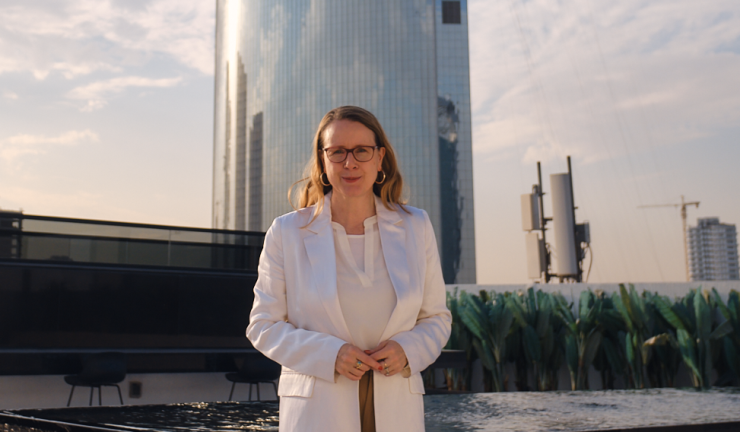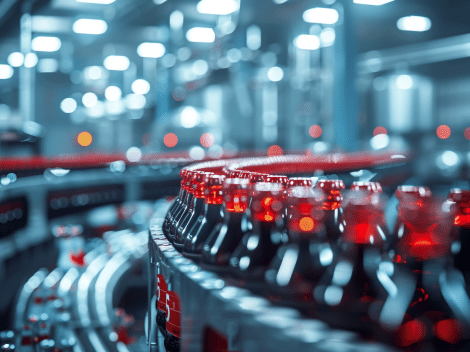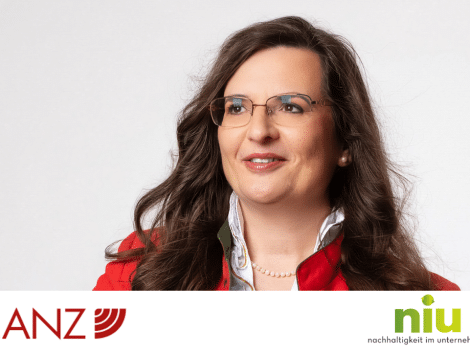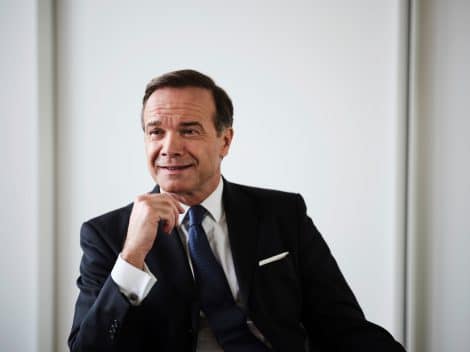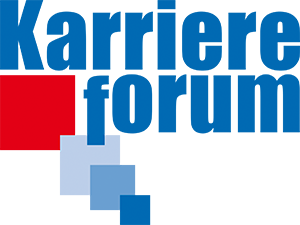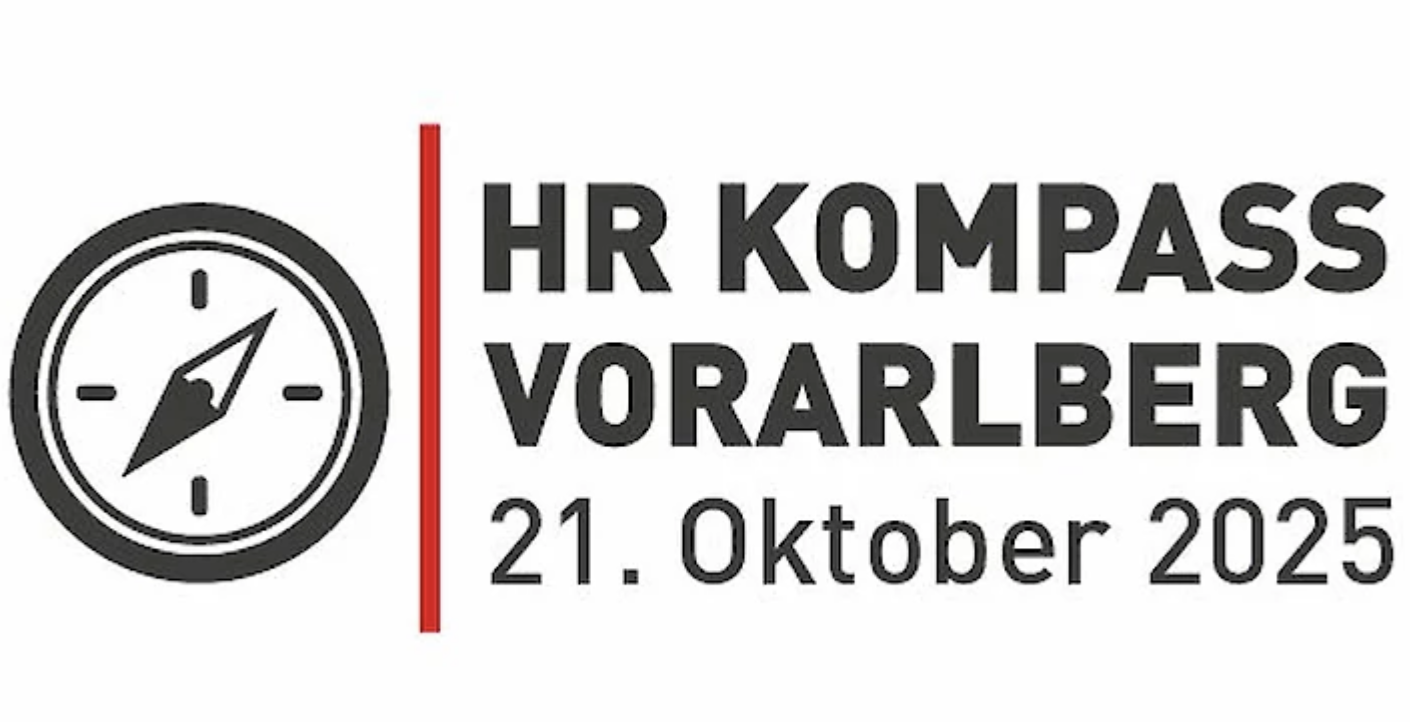In the current rapidly changing geopolitical world order, Saudi Arabia is increasingly taking on a mediating role between China and the USA. The opening up of its economy and a wide range of major projects indicate Saudi Arabia’s growing global influence, which includes the strengthening of bilateral business relations with Austria, as demonstrated by Aramco’s massive presence at the International Vienna Motor Symposium 2025. xBN met Dr Margarete Schramböck, former Federal Minister and Board Member of Aramco Digital, for an interview.
US President Donald Trump visited Saudi Arabia in mid-May. How do you assess Saudi Arabia’s growing geopolitical role?
We are talking about a changing world order and Saudi Arabia is playing an increasingly important role on the geopolitical stage. The economic opening, Vision 2030 and the multitude of major international projects such as EXPO 2030 show the country’s growing global influence. Saudi Arabia is centrally located and is expanding its international relations on a daily basis, particularly towards the USA and China, as demonstrated by the visits by the heads of state and government of both nations. Europe must keep up with this pace and find a role as a reliable and, above all, united partner. Europe’s challenge is that decisions are made slowly and that there are many, often too many, different points of contact.
You are on the board of Aramco Digital, what does Aramco Digital do and what is your role there?
Aramco Digital has a clear goal of rapidly advancing the digital transformation of the Saudi economy, particularly the production and infrastructure companies. This presents great growth potential for Saudi Arabia and the entire GCC region. Saudi Arabia not only has low energy costs and extensive gas reserves, which are made available to industry, but also has many young, technically trained talents. 75 per cent of the population is under 35 years old and has a good school and university education. Remarkably, 58 per cent of engineers in Saudi Arabia are female.
How do you personally experience the security issue at the moment?
The tensions in the region around Saudi Arabia are well known, but you don’t feel them in everyday life here in Saudi Arabia, neither in the country nor in the big cities. Saudi Arabia is investing heavily in its security and its economy is growing very strongly. The number of international visitors is constantly increasing, both for tourism and business trips. Last year, there were more than 30 million visitors who came to Saudi as tourists or business travellers.
What is it like to be a woman in Saudi Arabia? Has anything changed or are women still oppressed?
I had the honour of meeting many Saudi women in leadership roles, deputy ministers, ambassadors, entrepreneurs and even two young female astronauts. Saudi Arabia now has a general quota for women as part of Vision 2030, and they have already achieved the original target of 30 per cent of women in the workforce in the first quarter of 2024. The new target is 40 per cent in 2030 and it has been clearly stated that the economic goals cannot be achieved without the participation of women. It is interesting to note that the majority of new companies are founded by women, both start-ups and traditional SMEs. Equally strong changes are underway in families. Many young men and women are moving to Riyadh, the rapidly growing capital city with a population of around 8 million. The role of women in society is changing dramatically, they are actively involved and greatly enjoy it.
“Saudi Arabia is expanding its international relations on a daily basis. Europe must keep up with this pace and find a role as a reliable and, above all, united partner. Europe’s challenge is that decisions are made slowly and that there are many, often too many different points of contact.”
The country is growing very strongly, there are many projects underway, how do you experience this on the ground?
The growth is very noticeable on the ground. Gigaprojects such as NEOM, Qiddiya, the Red Sea Project and Roshn are rapidly changing the country. The transformation process is impressive and offers many opportunities – including for Austrian companies.
The automotive sector is also experiencing strong growth and Aramco was prominently represented at the International Vienna Motor Symposium 2025. What developments are underway here?
Saudi Arabia is investing in the development of various industries. The automotive industry will play a special role. At the moment, CEER is developing its own production of electric vehicles made in Saudi. The King Salman Automotive Cluster is a result of this, with companies such as Lucid, Hyundai and Pirelli already being actively represented alongside CEER. Of course, Saudi Arabia is also focussing on traditional mobility on land and water.
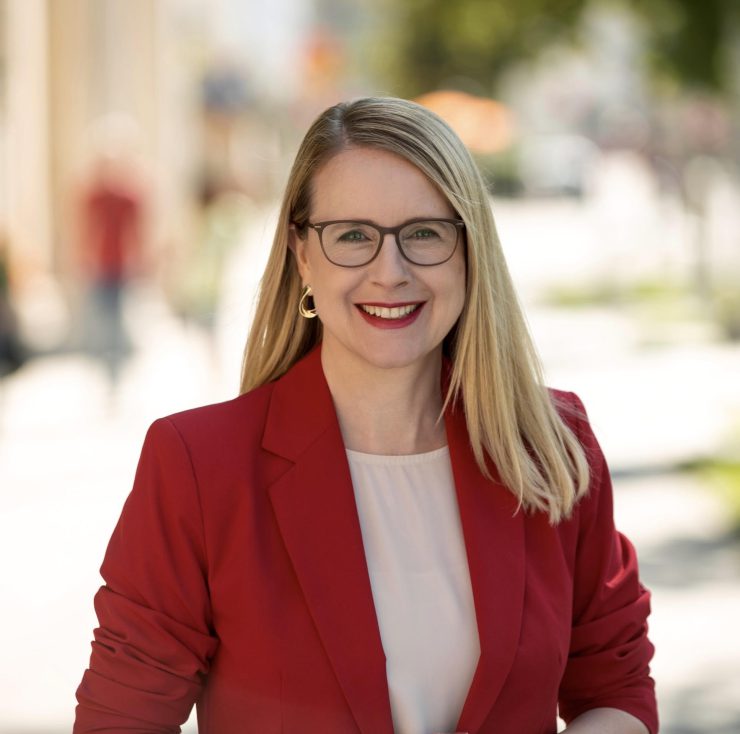
former Federal Minister and Board Member of Aramco Digital.
© Konstantin Böhm
The LINE is not being built as planned, does that mean that other projects are also stalling? Are the Saudis running out of money?
In Europe, many people only know The Line; it is one of many projects. Saudi Arabia’s young population is confident confidence and supports the many projects with pride and enthusiasm. It would almost be too much to list them all individually. Here are just a few: an entertainment city 100 km outside the capital called Qidia; an historic city centre called Diriyah with car-free streets for the inhabitants and visitors and the famous NEOM project, which spans an area as large as Belgium. The LINE is just one part of it. The Saudi sovereign wealth fund (Public Investment Fund) has around USD 600 billion at its disposal. The financing is broadly based – of course the global oil price plays a role. The reserves are sufficient. Given the large number of projects and the dynamic nature of development it make sense for projects with a fixed date, such as EXPO 2030 or the 2032 FIFA World Cup, to be prioritised.
We hear a lot about Vision 2030: what is it and how does it compare to the European Green Deal? What are the priorities?
Vision 2030 is Saudi Arabia’s comprehensive transformation strategy. It centres on diversifying the economy, reducing dependence on oil, promoting innovation, education and renewable energies. What people often find surprising is that that by 2024, 52 per cent of economic output was already coming from non-oil sectors, tourism, construction, trade, entertainment and the arts. Compared to the European Green Deal, which in my view is more one-sided, the focus is more strongly on economic openness and employment. Saudi Arabia is also very committed to hydrogen, for example, and is building the world’s largest hydrogen plant in NEOM. Will it be powered by green electricity straight away? No, but first with gas, with the option of switching to green electricity as soon as it becomes available. The principle here is not to wait, but to apply technology in practice and to gain a head start by doing rather than discussing.
In the economic battle between the USA and China, where does Saudi Arabia stand?
Saudi Arabia maintains economic relations with both sides. The aim is to attract investment and technology from both countries. European companies can also play a key role here with their innovations and they are doing so in specific sectors. However, in my opinion, more could be done. Our hidden champions can dare to do so. Of course, you have to get to know the culture and the special features, which I have become very familiar with in the 1.5 years since I have been living here. If you want to go to Saudi Arabia, the INVEST IN SAUDI programme, which we are also familiar with in Austria, is the starting point for companies.
Europe is now growing little or not at all, what is the situation like in Saudi Arabia? Is the economy growing there? What is working and what is not working?
Saudi Arabia is growing dynamically. The reduction of the oil share of GDP to below 50 per cent shows that diversification is working. Investments in tourism, new types of energy and digitalisation have worked. The biggest challenge today is the shortage of skilled labour; qualified people are needed everywhere to implement current projects. There is no shortage of projects here. For the World Cup alone, 11 new stadiums are being built and 4 existing ones are being renovated.
What do you have to be prepared for if you expand there? What about Dubai and the UAE? Is it all the same economically or does it make a difference where you settle?
The Arab world is not homogeneous. In the past, Saudi Arabia could be serviced from Dubai, but that is no longer the case today. With a population of 32 million, the market is large, demand is booming and you have to be here to keep up-to-date. This is why many managers and entrepreneurs have relocated from Dubai to Saudi Arabia. Having a company here is a prerequisite for public contracts; for international companies, the regional headquarters must be in Saudi Arabia. Sending employees into the country from outside has not been enough for a long time now. The basis for establishing a business here is building trust, coupled with flexibility and expertise. I have a company in Saudi Arabia myself and experience this first-hand.
Saudi Arabia is repeatedly criticised for its human rights situation – what do you think?
I welcome the reforms in the areas of human rights and women’s rights. There has been an official human rights dialogue with the EU since 2021. It is important to remain in dialogue. A lot has happened in the area of women’s rights that goes far beyond what is known in Europe. There are new rights in relation to the family, to children, for travelling and, above all, when it comes to work. I have a lot of Saudi female friends who are happy to exercise their new rights. Many talented young women who have been educated and worked in the USA are coming back to Saudi to play an active role in the country’s transformation.
Do you miss politics?
After 15 years as a CEO in international technology companies and almost five years in government, I am delighted with the growth and success of my businesses. It’s more or less my third career: to be in my mid-50s, still an entrepreneur abroad, holding positions on international supervisory boards functions, I have a lot of freedom and ongoing capacity growth.
Thank you very much for the interview!
Die deutsche Version des Interviews finden Sie hier.



